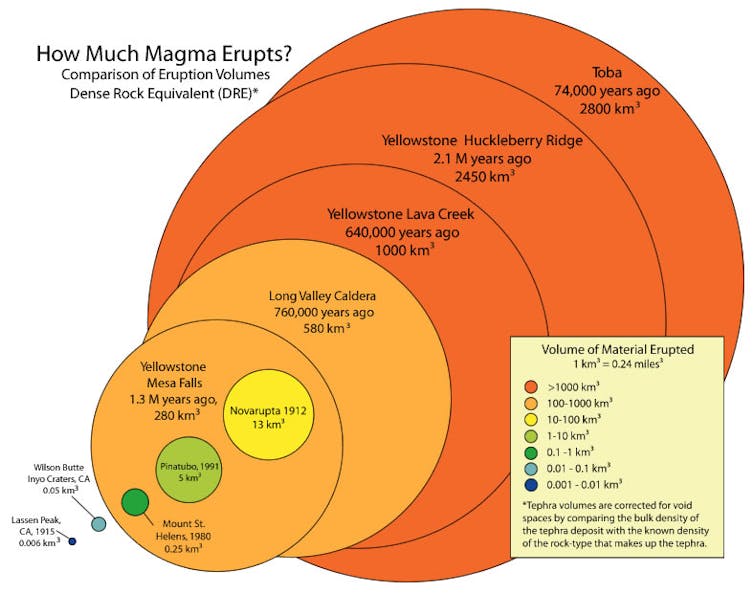According to the American Cancer Society estimates about 22,070 new cases of esophageal cancer were diagnosed in 2025 with 16,250 deaths caused by the disease. Esophageal cancer is a disease where cancer cells form in the tissues of the esophagus, the tube connecting the throat to the stomach.
What is esophageal cancer?

Image credits: Getty Images
This cancer that begins in the esophagus is of two types. One is adenocarcinoma which begins in the glandular cells and squamous cell carcinoma which begins in the squamous cell lining in the esophagus. Now, a doctor has shared the risks and symptoms of the disease on the rise in the US. Find them below!
What does the doctor say?
According to Dr Joseph Salhab, a gastroenterologist, a specific type of esophageal cancer, esophageal adenocarcinoma is on the rise in the United States and is strongly related to a condition called GERD, or gastroesophageal reflux disease.In the caption of his post which has received 1.2M views and more than 5K likes, he stated that according to the NCI, among those aged 45-64, the esophageal cancer rate has doubled from 2012 to 2019.
How is GERD related to esophageal cancer?
Well, as per the doc, while heartburn is not the same as GERD, it is a sign of it. GERD stands for gastroesophageal reflux disease, a chronic digestive disorder where acid from the stomach flows back into the esophagus causing heartburn and regurgitation. Thus for people who have had long-term heartburn occurring more than twice a week, an evaluation by a gastroenterologist is a must.Long-term acid exposure to the esophagus can cause damage leading to a precancerous condition called Barrett’s esophagus, which can develop into esophageal cancer if not monitored. According to a study published in the Cancer Medicine, GERD was associated with an increased risk of esophageal cancer.
Risks of Barrett’s esophagus
According to the gastroenterologist, risk factors of developing Barrett’s esophagus are:Being male (men are 3-4 times more likely to develop it)Being over age 50Being CaucasianObesity, especially abdominal obesitySmokingFamily history of Barrett’s esophagus or esophageal cancer
Symptoms of esophageal cancer

Image credits: Getty Images
When Barrett’s esophagus worsens it can lead to esophageal cancer. Symptoms of this are:Difficulty swallowing (dysphagia)Unintentional weight lossPersistent Chest pain or pressurePersistent cough or hoarsenessFood getting stuck in the throatWorsening heartburn or indigestionThus, for those with chronic GERD symptoms, the doctor advised visiting a medical professional for advice.











































